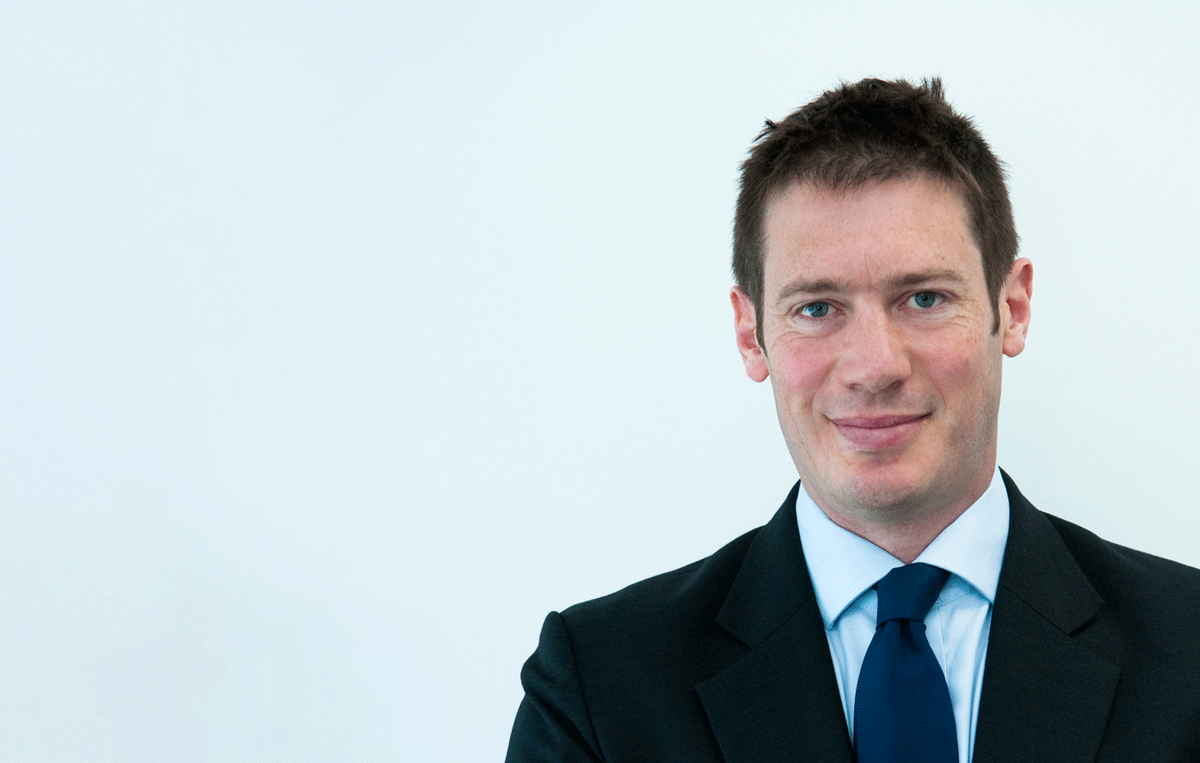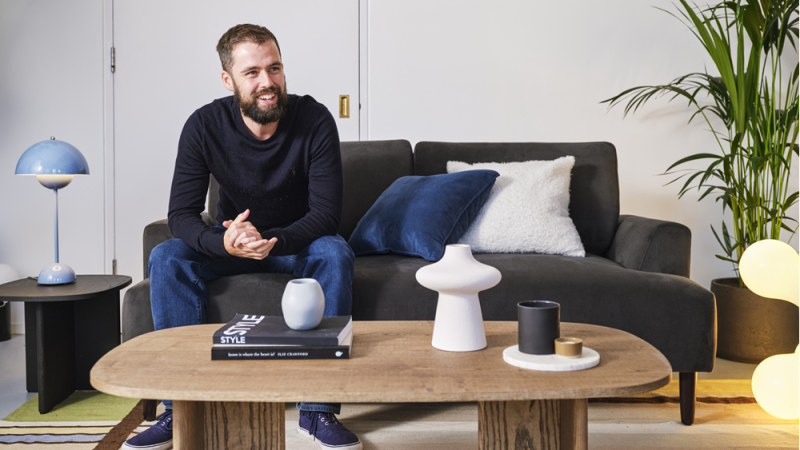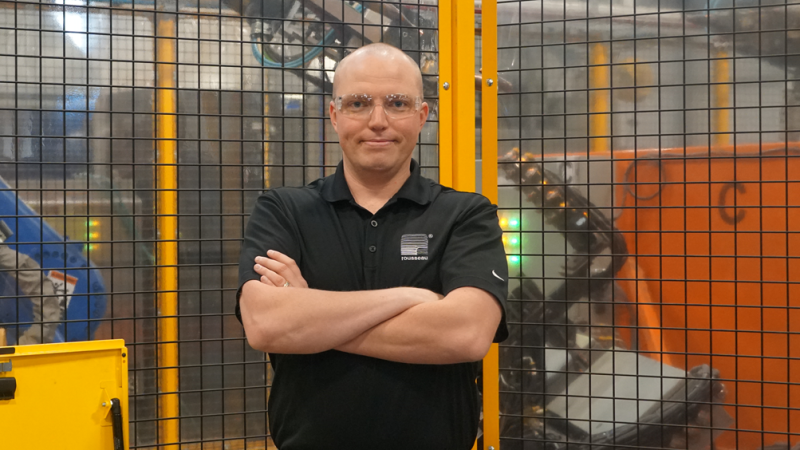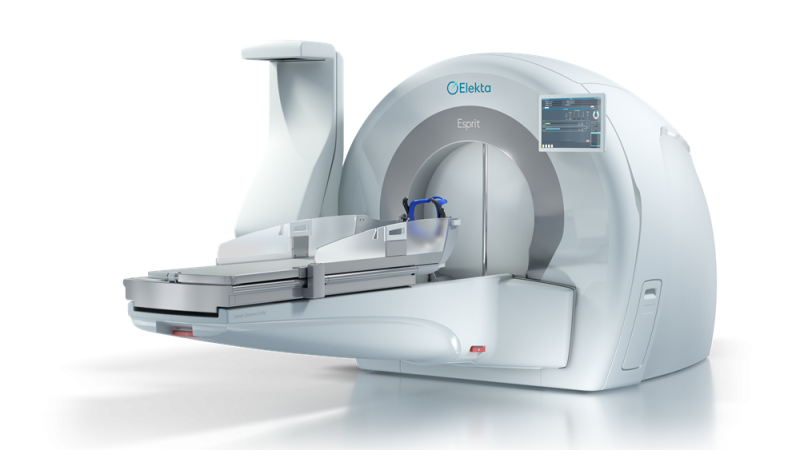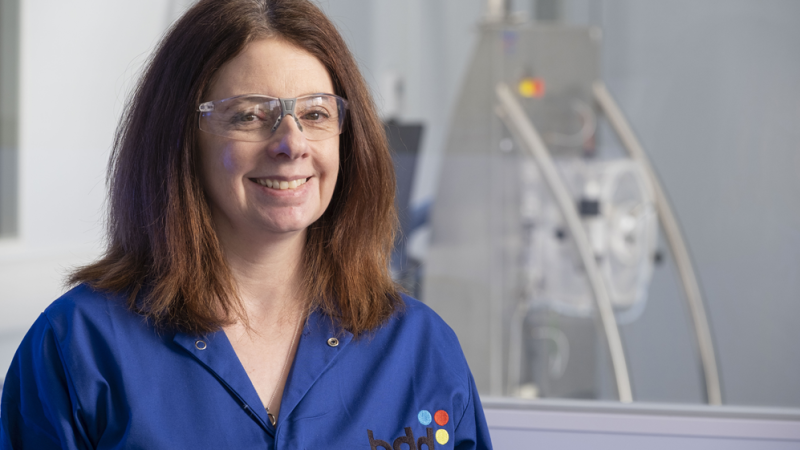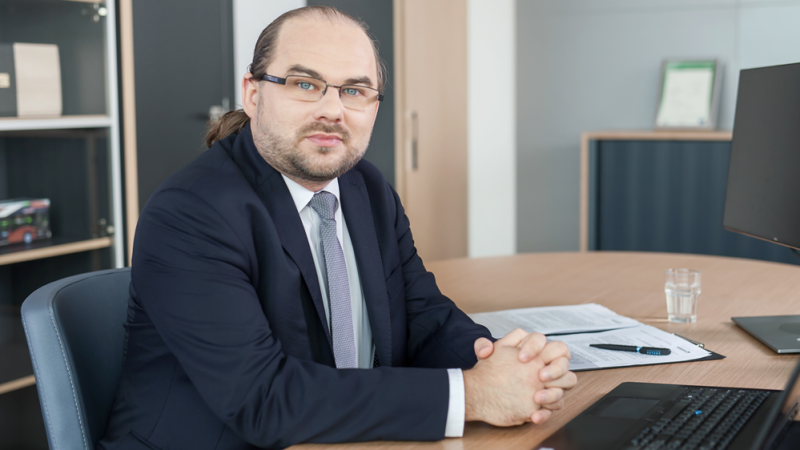The story of RMI Global Solutions begins in the year 2000 with a group of medical operatives in Seattle. The company’s goal was to carry out remote medicine in austere environments. Over the next twenty years, the firm underwent a period of rapid growth, and by the early 2010’s it had begun working in the international oil and gas sectors. RMI Global Solutions continued to grow considerably with outside investment, becoming a major player in the medical arena for the oil and gas industry. Before long the company was looking to move beyond medical, becoming a total risk management service by acquiring firms with additional capabilities.
Duncan Higham owned one of those companies, a security firm.
“After the acquisition of my company, RMI is not only in the medical field, but providing security solutions as well,” Higham says. “We are a bespoke risk management company rather than just providing one service to our clients.”
Higham’s career began when he joined the Royal Marines after university and spent eleven years in the Marines.
“I was fortunate to have leadership positions since my early 20s and took those life skills I acquired in the Marines into how I treated my own business and how I acted within it,” Higham recalls. “When we were acquired, I brought those same mantras into RMI. It is a bigger business, but I feel the same tenets and key foundations are the same. I behave the same way, and look to treat everyone fairly the way I did when running a smaller company.”
RMI Global Solutions is now a multinational company operating across seven continents, deploying several hundred people across major sites in the US, as well as with the Department of Health in the UK, and major oil and gas providers.
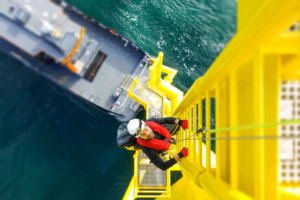 Intelligence-Led
Intelligence-Led
Duncan Higham, meanwhile, has become the company’s CEO. With the introduction of a wider range of services, Higham is excited by the growth of RMI’s security services department.
“We provide an intelligence-led service where many of our competitors have not taken that viewpoint, Higham says. “We hire personnel from intelligence positions to provide our clients with risk mitigation backed up by the latest current intelligence.”
While RMI originally provided medical care and facilities to organisations working in remote locations, now it can offer a wider, but far more customised service for dealing with a wider range of risks.
“Sometimes the risks are purely down to the remote operating environment,” Higham says. “If we are working with a survey vessel in the Arctic, the risk is simply one of environment and geography in that it takes several days to get a sick person to where a helicopter can fly them out. But there are other environments in certain countries which have low-security stability. We might need security teams and mitigation in place to keep clients safe from kidnapping or unforeseen threats. In this case, we may provide armoured cars, with the support of armed or unarmed teams, typically of British or US ex-service personnel.”
Whatever the environment, RMI’s focus on an intelligence-led service provides it with an edge.
“It is about studying what the threat is and understanding what is likely where personnel might be deployed,” Higham says. “That can change over months or years, so it needs to be continually reevaluated.
By doing a deep dive into what that threat actually is, we can mitigate against it and keep our clients safe. That goes for security, but also medical. We might have a location where we need to deploy a full clinic, but that changes if a government hospital is built or another facility is put in place. We are honest with our clients.”
The firm’s intelligence-led approach has made RMI a reactive company that offers bespoke solutions to fit client needs.
“We start by listening to the client and their problem, then fit the solution that best mitigates their risks, their health and security needs, and budget,” Higham says. “We advise clients how to get the most from their spend.”
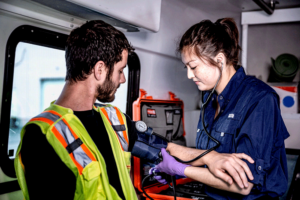 Growing Possibilities
Growing Possibilities
This bespoke approach has contributed to the company’s rapid growth over the last 18 months. However, with that growth comes challenges. RMI’s businesses rely on having qualified people available and being able to find those people is RMI’s top priority.
“We want the best possible people for RMI, and anything to do with healthcare is extremely difficult to recruit at the moment,” Higham admits. “They are needed in a lot of different areas, whether it is in their home countries or on other projects.”
To ensure it can draw upon the best talent, Higham ensures that RMI pays well.
“I have always wanted to be a high-end employer and we are sticking to that,” he tells us. “We look after our people, making them a part of RMI. I believe that we look after our contractors as well as our corporate staff and they all feel valued. Everyone has access to the very top of the company and the ability to put forward suggestions and good ideas. It gives people a sense of ownership in the company.”
He took over the company two years ago when the company needed to reconstruct its cost base and sales team. Higham drove a significant effort to decrease costs while recruiting a new sales team and increasing the scope of the company’s services.
“People are excited by the growth they see and that we are offering more solutions to our clients, competing against companies that offer the same full spectrum of services,” Higham says.
RMI has seen its revenue grow by 50% over the last year. While the Covid pandemic was a time of turbulence, its impact on the bottom line has been minimal.
“We did well on some projects but others drifted away,” Higham says. “But we have rebuilt the company and that non-Covid revenue has increased. We can see a way ahead to become a major player within the sector. We have already won business away from a number of our competitors in the last eighteen months and look forward to doing more of the same over the next few years.”
